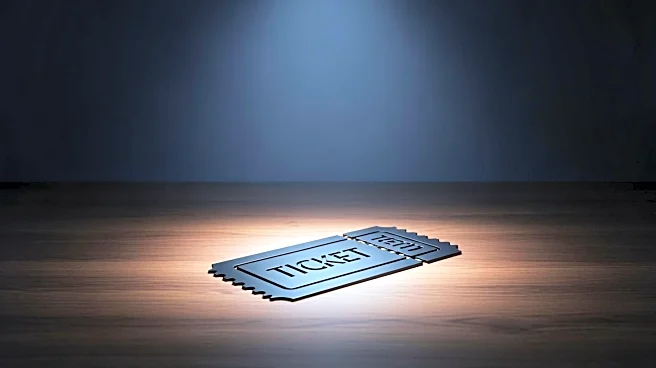What's Happening?
Emperor Naruhito expressed 'deep remorse' during a memorial service marking the 80th anniversary of Japan's surrender in World War II. The ceremony was held at the Nippon Budokan hall in Tokyo, attended by Empress Masako and other dignitaries. Naruhito reflected on the past and expressed hope that the ravages of war would not be repeated. Prime Minister Shigeru Ishiba also addressed the ceremony, emphasizing the importance of passing down the painful memories of war to future generations. The event coincided with visits to the Yasukuni Shrine by cabinet ministers, which has historically angered countries affected by Japanese military actions.
Why It's Important?
Emperor Naruhito's expression of remorse is significant as it underscores Japan's ongoing efforts to reconcile with its wartime past. His statements may influence Japan's diplomatic relations, particularly with countries like China and South Korea, which have been critical of Japan's handling of historical issues. The emperor's role in promoting peace and reflection can contribute to Japan's international image as a nation committed to learning from its past. The juxtaposition of the emperor's message with the controversial shrine visits highlights the complex interplay between Japan's historical narrative and its current political actions.









